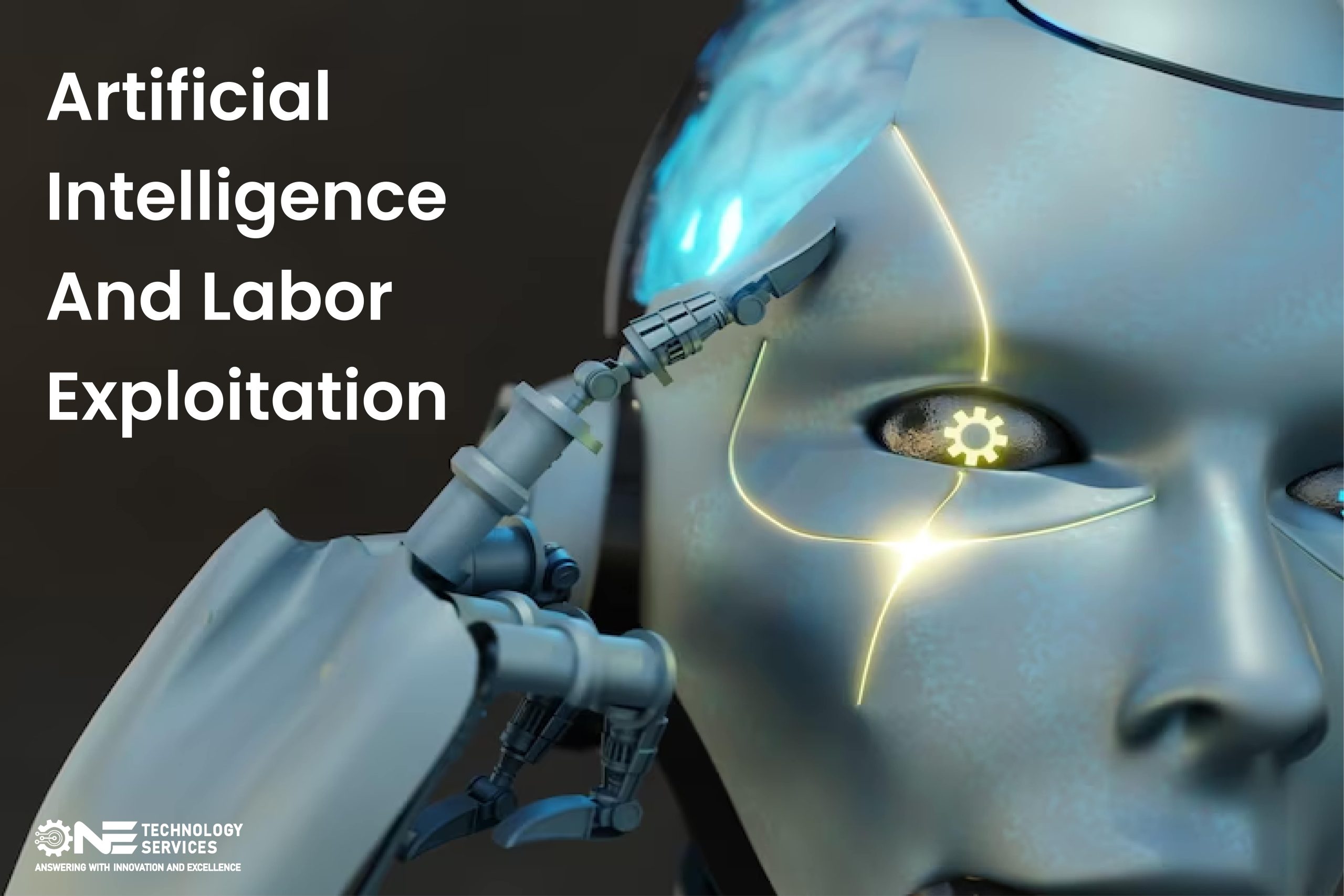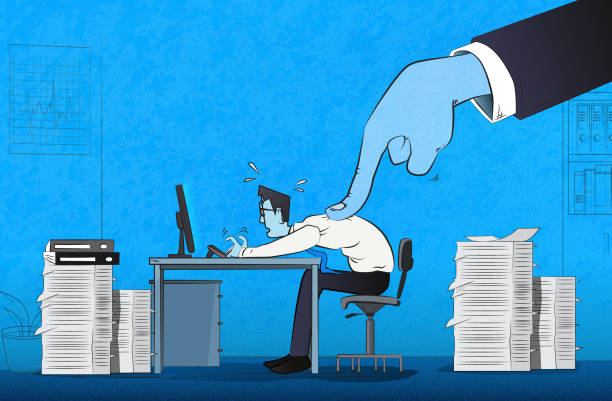The strong new technologies that are transforming society will have a significant ethical impact on how they both enhance and interfere with human life. Artificial intelligence is believed to be one leading technology that has been revolutionizing human world. But we haven’t imagined the consequence of the advancement, have we? The answer is no.
Whenever humans are blessed with ease they could barely think anything beyond that. It is all the ease that matters to them at the end. But what about the labor which is actually behind these advancements? The public is preoccupied with the idea of hypothetical intelligent robots. Whereas the actual accomplishments of artificial intelligence systems today are supported by a vast number of precarious labors. Have we ever thought about them?
Research came up with an astonishing verdict that where AI is making life easy for humans of one race, it is making it miserable for the others. This article is all about what we have never heard about AI and its labor exploitation.
AI Exploiting Labor
Pop culture plays a significant role in influencing the public’s perception of artificial intelligence (AI). Super intelligent machines with independent will and agency are not only unattainable, but they also serve as a distraction from the real hazards that AI system research and application pose to human life.
The Silicon Valley-based multinational corporations that are developing many of these systems are working to develop autonomous systems that will one day be able to carry out all of the tasks that people can do and more, but without the necessary pay, benefits, or other costs that come with hiring people. This corporate leaders’ dream may not be a reality, but the march to try to make it so has produced a worldwide underclass that is doing what anthropologist Mary L. Gray and computational social scientist Siddharth Suri refer to as “ghost work”: the undervalued human labor powering “AI.”
Data labelers, delivery couriers, and content moderators are just a few of the laborers that tightly monitored tech businesses that have labelled themselves as “AI first” rely on. Due of the increase drive by venture investors to include so-called AI into their businesses, startups are even recruiting individuals to impersonate AI systems like chatbots.
Data labelling is not a physically demanding task, but employees have described the pace and volume of the labor as “monotonous” and “mentally draining.”
They have been exploited for ages just to make these machines work. Researchers emphasize that while technology can replace physical or cognitive labor in everyday tasks, it cannot replace labor in non-routine jobs. They also contend that the influence of technology results in an increase in the relative demand for both low-paid, least-skilled occupations, which often require non-routine physical skills, and well-paid skilled professions, which typically require non-routine cognitive skills.
Artificial Intelligence Effecting Employment
Employment may be threatened by technology innovation and rapid advancement. Two primary approaches exist for technological breakthroughs to impact employment:
- by immediately removing workers from the work they were once doing (displacement impact);
- by raising the demand for labor in fields or jobs that emerge or expand as a result of technological advancement; (productivity effect)
Ways In Which Artificial Intelligence Is Exploiting Labor
- Reducing the share of work done by Low skilled labor
Robots do not appear to polarize the labour market when taking into account an industry-country panel specification. But they do appear to hurt the relative position of low-skilled workers rather than middle-skilled ones. This is because they appear to reduce the share of hours worked by low-skilled workers relative to middle-skilled and high-skilled workers.
Since, low skilled labors aren’t having advance skills to handle more technical work, thus this creates an unequal division of work among the labors. But it isn’t the solution to handle lack of skill. Where technology has ways to upgrade life it would definitely have something to offer low skilled labors other than low wage rate.
- Lack of acknowledgment
When the product comes at the end it is the machine or the primary technology which gets all the credit. Not just the labors are less paid but they also do not get any credits or acknowledgments at the end. Interviewing to various laborers, researches came up with views that technology exploited our effort with no justified return. They say that where we are helping out top capitalist firms. But they, at the end are removing the use of labor after some years. This has been a great concern for the labor class these days that how possibly will they survive if technology is going to take the place of human?
What Steps Should Be Taken To Prevent Labor Exploitation By AI?
Focus on AI Ethics
Researchers in AI ethics should examine hazardous Artificial Intelligence systems. This step is necessary for preventing both the root cause and repercussion of unfair working conditions in the sector. The AI ethics community should work on projects that give workers more control. Examples include:
- supporting cross-regional labor organizing initiatives,
- co-creating research objectives with workers based on their needs,
- and ensuring that research findings are freely accessible to workers and removal of restriction to academic journals.
Increased wages
To prevent the exploitation, the worker’s should be given a consideration depending on the work load. The discrimination of labor can be avoided by upskilling the skills of labor by providing them with training.


